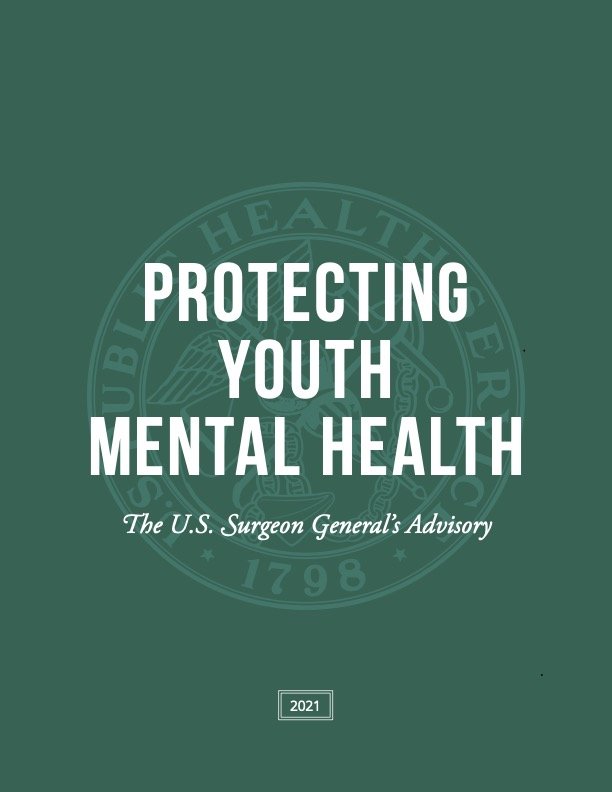Looking for something?
Archive
- Abortion 1
- Access to Care 1
- Ally 1
- Anniversaries 1
- Behavior 1
- Child grieve 1
- Children 2
- Children Grief 1
- Children's Grief Awareness Month 1
- College 3
- Coping 1
- Counseling 1
- Crisis 1
- Death 1
- Disenfranchised grief 1
- Eating disorder 1
- Exams 1
- Fathers Day 1
- Feelings 2
- Funerals 1
- Grief 27
- Grief activity 1
- Grief awareness 1
- Grief education 2
- Grief is Political 1
- Grief retreat 1
- Grief support 3
- Group rules 1
- Gun violence 1
- Healthcare 1
- Homelessness 1
- Imposter Syndrome 1
- Inner Harbor 1
- Intern 1
- LGBTQ 1
- Language 1
- Mass tragedy 1
- Mourning Meeting 1
- Pandemic 1
- Peer support 1
- Podcast 1
- Politics 1
- Post Traumatic Growth 1
- Professional Development 1
- Routines 1
- School shooting 1
- Schools 1
- Study skills 1
- Support 1
- Support groups 1

New advisory about Mental Health and the Pandemic
A recent report published by the US Surgeon General outlines the impact of the pandemic on youth mental health, and also makes some recommendations to address some of these concerns.

September is Suicide Awareness Month
I have spoken to so many people that have said they are scared to ask someone if they are considering suicide. Typically, they give two reasons for this fear. First, they don't want to put an idea in someone's head that may not already be there. And second, they don't know what to do if they get an affirmative response.

The Language of Suicide Loss
When it comes to suicide loss, many people don't have the words. First of all, there are no words. Nothing we say is the magical fix to bring the person back, change the circumstances of their death or make the grieving person feel better. But there are certainly words that can either make them feel supported and connected or words that can make them feel stigmatized, disenfranchised and misunderstood. And none of us want that. So let's start with a few things to avoid in suicide loss support.
